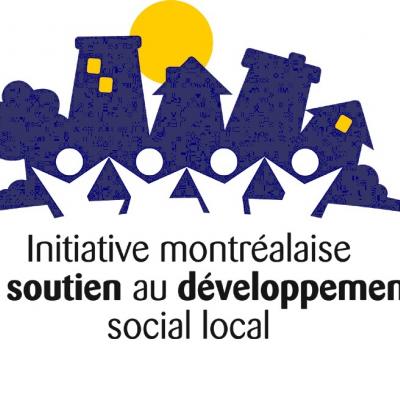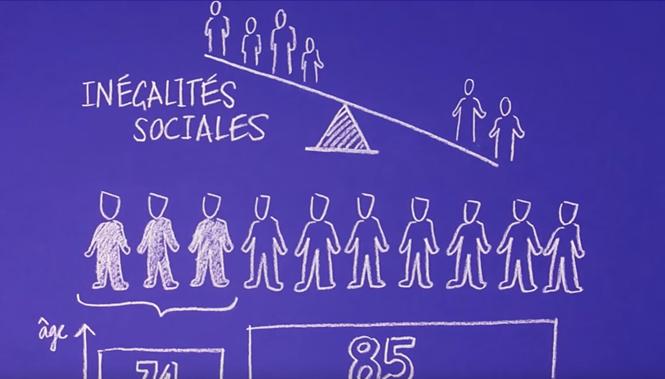
Community development tables
Context
Founded in 2006, the Montreal initiative to support local social development is a unique partnership model in Québec. It is the result of a strategic partnership between Centraide (United Way of Greater Montreal), the Montreal Coalition of Community development tables, the Public Health Department and the City of Montreal. The Montreal initiative currently funds 30 Community development councils on the Island of Montreal.
Mission
The Montreal initiative aims to contribute to local social development by fighting against poverty and social inequalities. The Initiative supports mobilizations of local stakeholders in order to improve the quality of life and living conditions of the populations in relation to the issues identified by the community in areas such as urban planning, housing, transport, urban safety, etc.
More specifically, the Montreal initiative aims to:
- Provide the necessary resources for the mobilisation and consultation of local stakeholders in the neighbourhoods, in order to optimise their power of intervention in the issues that concern them;
- Contribute to create common spaces that allow local stakeholders to better know each other and to mobilize themselves around common objectives in the neighbourhood;
- Promote a collective and comprehensive action of local communities in order to end poverty and social exclusion.
Implementation
The Montreal initiative provides grants (for up to 100 000$CAD per year) for Community development councils that fulfill the following criteria:
Features of a Community development council:
- Intersectoral;
- Multi-network;
- Structured and permanent;
- Promotes networking and synergy.
Roles of a Community development council:
- To conduct a diagnosis of the neighbourhood;
- To animate a forum;
- To plan its priorities with an action plan;
- To develop or coordinate actions that have an impact on the quality of life and the living conditions;
- To document and assess its operations and its activities.
Results
A full list of results and achievements of the Montreal Initiative are presented in the Annual report attached (pages 7-12). In addition, the Montreal Initiative partners support a research program that focuses more particularly on the impact of interventions made by Community development councils. This programme, conducted by Léa-Roback’s research center on intersectorality of the Université de Montréal (PRIM), is currently ongoing and has already defined a typology of the effects produced by the intersectoral action at the local level.
The Community development table model exists in Montreal since more than 20 years.
City
Owner



